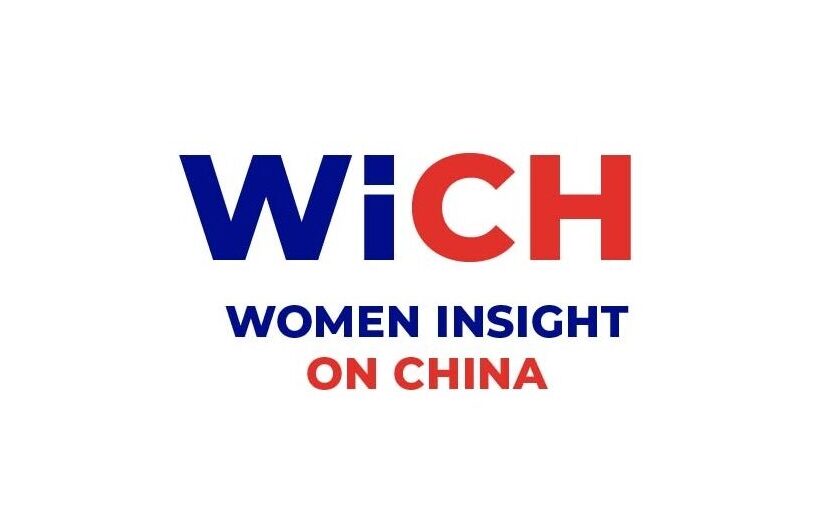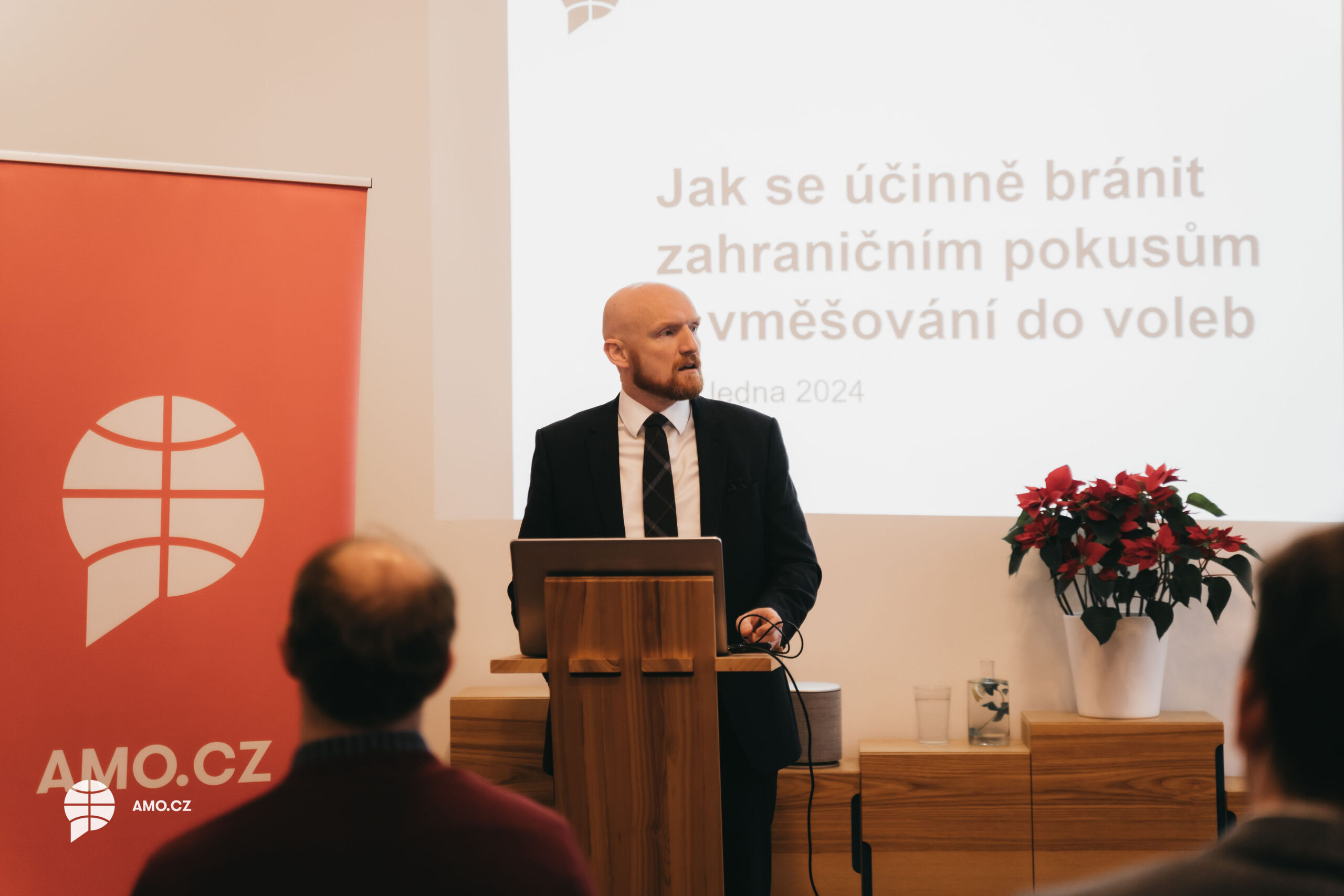This post was originally published by MERICS.
The April MERICS Opinion Pool compiled insights from a number of experts, asking the question: In the wake of the EU-China Summit, is it time for the EU to update its multifaceted China policy?
Read the response of MapInlfuenCE’s Leader Ivana Karásková:
The EU does not need to update its multifaceted China policy. The current approach, based on treating China simultaneously as a cooperation partner, economic competitor and systemic rival, has its value. It enables the EU to cooperate with China in areas of its own interest. However, the last summit, revolving around the war in Ukraine and Beijing’s support of Putin’s regime, revealed that the space for potential cooperation has significantly shrunk.
The EU cannot claim to be ignorant of what China’s party-state stands for. Over the years, it has witnessed crackdowns on political, economic and intellectual oppositions, massive human rights violations directed against minorities, and continuous support of authoritarian regimes abroad. China’s domestic and international policies have resulted in slow yet visible change in the EU’s normative views on China, accelerated now by the Sino-Russian alliance. These views may not be shared across the board of all member states, nor is there a consensus on how to react, especially when economic dependencies are at play. Yet the overall climate in Brussels and a number of European capitals is undergoing a change.
EU members in Central and Eastern Europe (with the notable exception of Hungary) have long been disillusioned with the lack of tangible results in cooperation with China. They have also been concerned by Beijing’s hostile rhetoric toward countries that decided to pursue closer cooperation with Taiwan. While the administrations of CEE member states are preoccupied with the impacts of Russia’s invasion of Ukraine and the floods of refugees, China’s support of Russia has not gone unnoticed in the region. The China and Russia-skeptic Czech government, which will preside over the EU in the second half of this year, is inclined to consider China as on a par with Russia – in other words, it sees China as another hostile, unpredictable, authoritarian regime. This view will undoubtedly influence the EU agenda.


